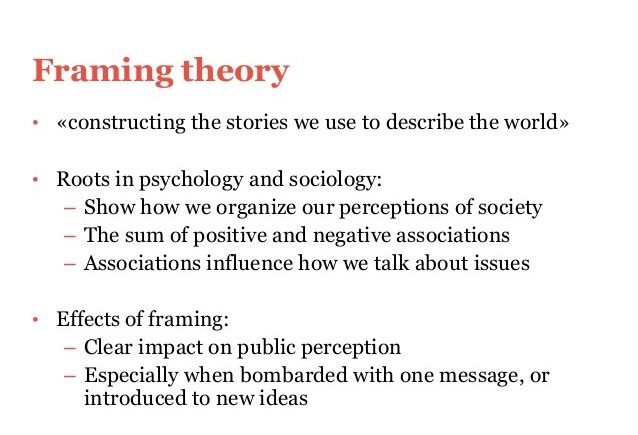Now that you’ve been introduced to the four broad categories of social scientific theory, you might have guessed another reason that those who study the social world often don’t get the respect accorded their physical science colleagues. Sociologist Kenneth Bailey wrote, “To this day you will find within social science both those who think of themselves as scientists in the strictest sense of the word and those with a more subjective approach to the study of society, who see themselves more as humanists than as scientists” (1982, p. 5). In other words, and as you’ve just seen, not all who call themselves social scientists adhere to the same standards for conducting research or accepting evidence. But complicating matters even more is the fact that social science researchers and theorists often blend (or mix and match) categories as they do their work (Benoit and Holbert, 2008). To some observers, especially committed postpositivists, this seems unsystematic. It also generates disagreement among social scientists, not about the issue under examination, say the influence of video violence on children’s behavior, but about the appropriateness of the methods used, the value of the evidence obtained, or the influence of values on the work (that is, debates over ontology, epistemology, and axiology).
